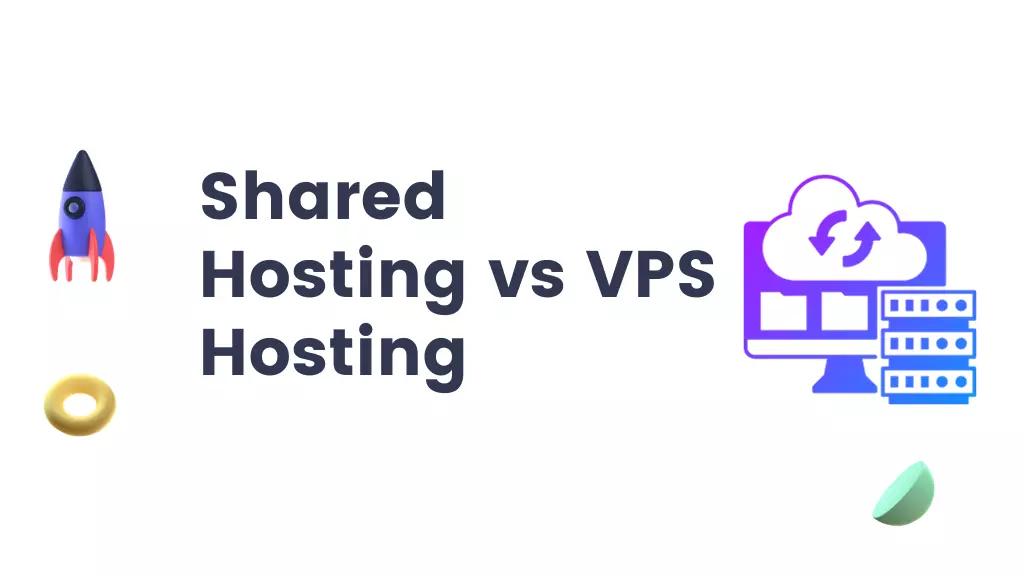Deciding between shared and VPS hosting can be quite a challenge, especially when you're just starting. Both offer beneficial features unique to their offerings. But how do you decide which one will best serve your particular needs? Stick around as we walk you through some key considerations that should guide your choice.
Understanding Your Hosting Needs: Shared or VPS?
The initial step in choosing the right hosting is diagnosing your specific needs. If you're just starting a blog or a small website, shared hosting might be enough to meet your requirements.
On the other hand, if you plan on launching larger websites, online stores, or applications requiring more resources and better security measures, considering a Virtual Private Server (VPS) could be wise.
Read: Web Application Development
It’s always critical to have clear insight into what exactly you require from your chosen web host so that it can efficiently support your ventures moving forward.
Assessing Your Budget and Cost Considerations
In the web hosting world, prices can vary significantly. Shared hosting is generally cheaper, making it a great entry point for beginners or those with budget constraints.
On the flip side, VPS hosting offers more resources, but at a higher price point - especially when considering managed vs unmanaged VPS options. Managed VPS usually comes at an increased cost but saves you time and technical hassles by having the provider handle server management tasks on your behalf. Balancing your budget against required services will help guide you to an appropriate choice.
Diving into Technical Specifications and Performance Factors
When it comes to technical specs, VPS outshines shared hosting in several aspects. For advanced users or businesses with substantial requirements, here's a handful of areas where VPS typically wins:
-
Customization: With VPS, you have more control over your server settings. You can tweak them according to your needs which is not allowed in shared hosting.
-
Dedicated Resources: Unlike shared hosting, where resources are divided among numerous sites on the same server, VPS provides dedicated resources that can boost performance significantly.
-
Reliability & Speed: Owing to dedicated resources and customizability, VPS usually offers greater reliability and faster loading speeds for your visitors.
Bear these factors in mind when deciding between shared and VPS. They're crucial for providing an optimal user experience on your website and helping you scale effectively.
Evaluating the Level of Scalability with Shared vs VPS
As your website or online venture grows, so do its hosting requirements. A major differentiating factor between shared and VPS hosting is scalability. Shared hosting could pose limitations in accommodating increasing traffic spikes or larger business scale-ups due to limited resources.
Conversely, VPS hosting provides flexibility to easily upscale when needed without interrupting service availability. Therefore, if sustainable growth and future scaling are part of your long-term plan, going for a VPS might be a more strategic choice.
Security Matters: Choosing Between Shared & VPS Hosting
With threats on the rise, security is vital for any online presence. Shared hosting can pose risks as multiple websites share common server space. This could potentially expose your site to threats if another site on the same server gets compromised.
In contrast, with VPS hosting you have isolated resources and can implement custom firewalls and other unique security measures, enhancing your protection against potential cyber attacks.
Therefore, if your website deals with sensitive data or simply needs better peace of mind in terms of security, opting for a VPS makes sense.
Final Thoughts
Regardless of whether you decide to choose shared or VPS hosting, maximizing its potential relies on understanding your chosen package’s strengths and leveraging them effectively. Ensure regular maintenance, updates, and robust security measures to keep your site running optimally while meeting the needs of your visitors.

